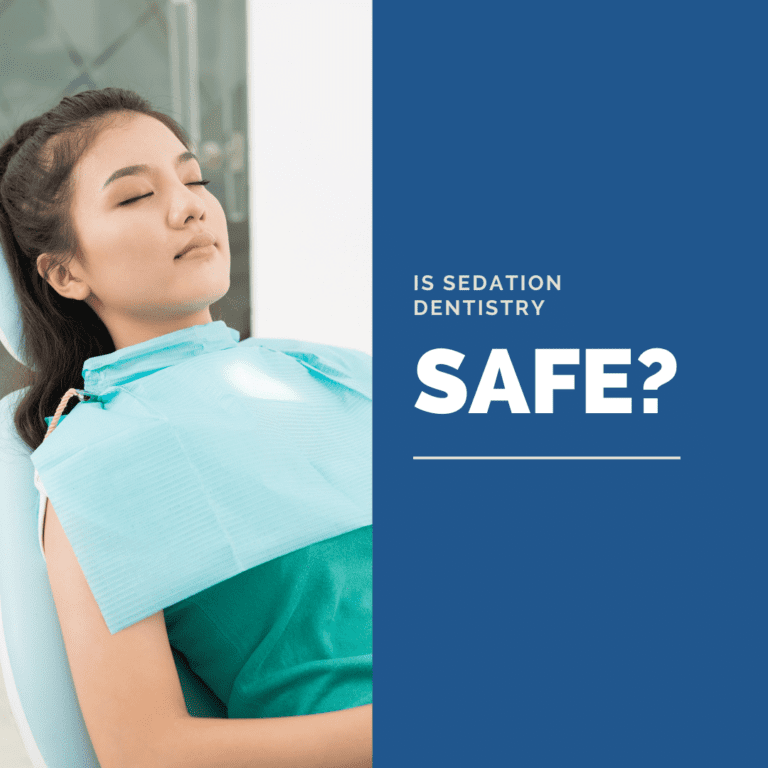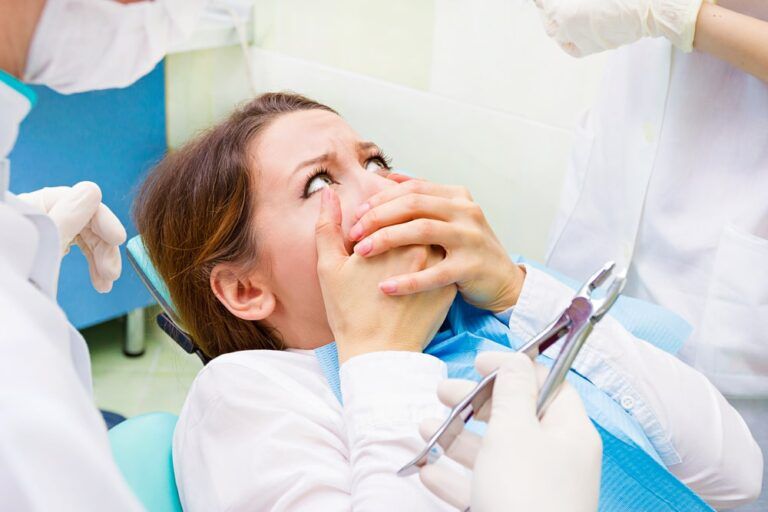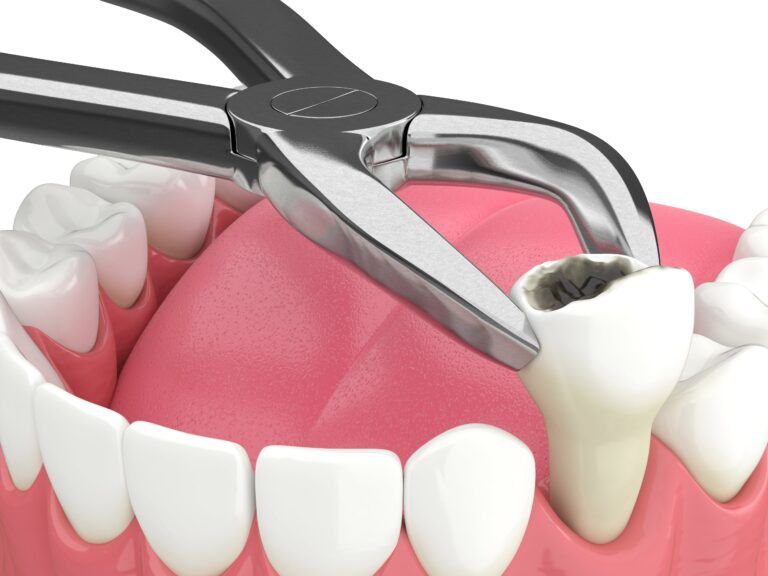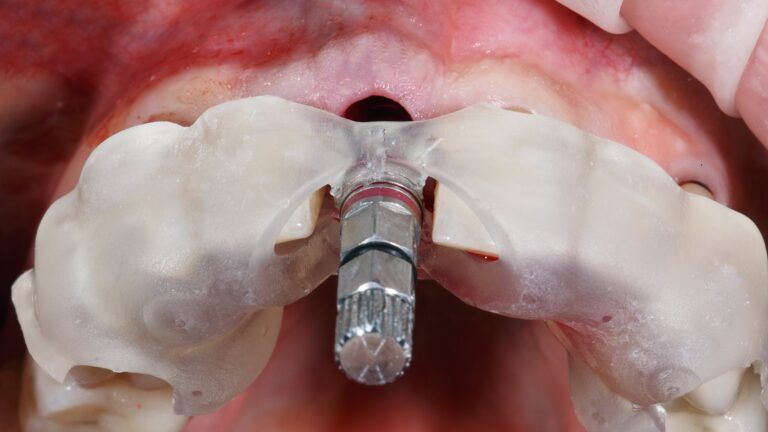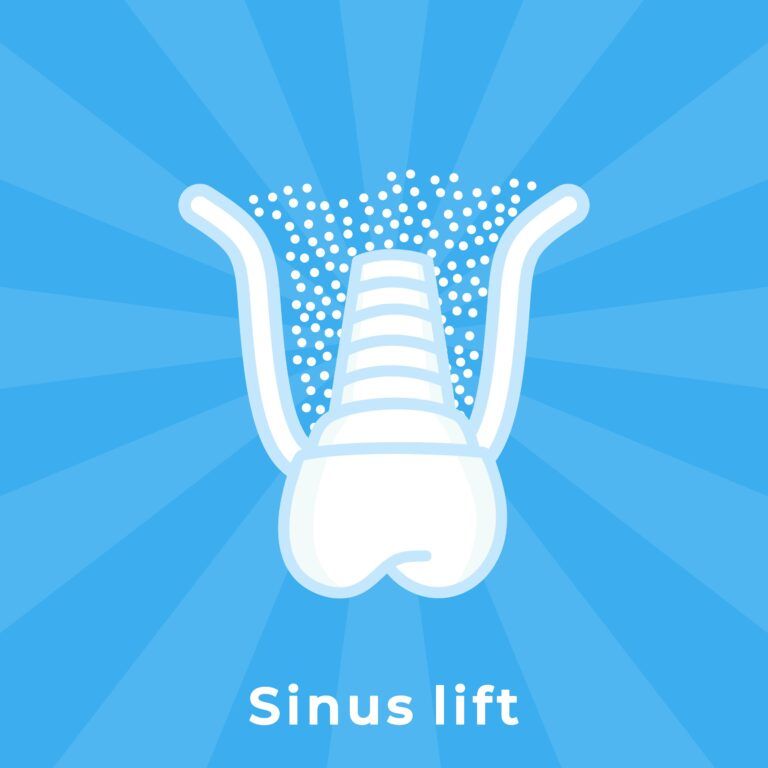Are you anxious about going to the dentist? Do you hate the thought of sitting in that chair, with that bright light shining in your eyes and that drill coming closer and closer? If so, you may be a candidate for sedation dentistry. Sedation dentistry is a safe and effective way to make dental treatment more comfortable. However, some people are hesitant about receiving dental sedation. Some people are afraid of it because they don’t understand how it works. Others are hesitant to try it because they are afraid of the risks. In this blog post, we will answer the question: “is sedation dentistry safe?”
In this blog post, we will answer this commonly asked question by discussing the different types of dental sedation and how they are administered. We will also talk about how sedation affects the body and what to expect when under sedation. Finally, we will discuss who is an ideal candidate for dental sedation and who may be at an increased risk of complications. We will also list specific conditions where dental sedation is not recommended. After reading this article, we hope that you will have enough information to decide whether sedation dentistry is right for you.
Types of Dental Sedation
There are four main types of dental sedation: oral sedation, nitrous oxide sedation, IV sedation, and general anesthesia. Here is a little more about each type:
Oral Sedation
Oral sedation is the most common type of dental sedation. It involves taking a sleeping pill before your appointment. The pill will make you feel relaxed and drowsy. You will be awake during your appointment, but you may not remember much of it afterwards. In some cases, a stronger dose may cause you to fall into a light sleep. However, you will still be able to be easily awoken. Oral sedation takes a while to wear off afterwards and you may experience residual drowsiness for a few hours after your appointment.
Inhaled Sedation
Nitrous oxide sedation, also known as “laughing gas”, is another common type of dental sedation. It involves inhaling a gas through a mask placed over your nose during your appointment. You will be awake and able to respond to questions during your appointment. However, you will experience feelings of deep relaxation and possible euphoria. Once you stop inhaling the gas, you will return to normal and have no lingering sedative effects.

IV Sedation
IV sedation is a type of dental sedation where medication is administered through an IV placed in the arm. Depending on the dosage, you will either be awake, but drowsy during your appointment or in a light sleep. In both cases, you will not remember much of your appointment afterwards. IV sedation can also cause residual drowsiness after the appointment.
General Anesthesia
General anesthesia is a type of dental sedation where you are put to sleep for your entire appointment. When under general anesthesia, you are completely unconscious and are not responsive to pain or other stimuli. General anesthesia usually results in residual drowsiness that lasts throughout the day.
How Does Sedation Affect the Body?
Dental sedation affects the body by causing it to relax. It also decreases your blood pressure and heart rate. When you are under dental sedation, you may feel drowsy and your mouth may feel dry. You may also have trouble speaking or swallowing. You will need someone to drive you home after your appointment because the effects of the sedation will last for several hours.
There are different levels of dental sedation and each level can have varying effects on your body. At a glance, here’s what you expect when under different levels of sedation:

Minimal Sedation
You are awake and able to respond to questions. However, you may feel relaxed and have a decreased sense of pain.
Moderate Sedation
You may be drowsy and have trouble speaking. You may also not remember much of your appointment afterwards.
Deep Sedation
You are in a light sleep and can be easily awoken. You will not remember your appointment afterwards.
General Anesthesia
You are completely unconscious and cannot be aroused.
When it comes to dental sedation, regulations are based upon the level of sedation. This means that each level: minimal, moderate, and deep sedation requires specific training and qualifications. In order to provide dental sedation, the American Dental Association requires sedation dentists (and their clinical staff) to complete an advanced education program (in minimal, moderate, deep sedation, or general anesthesia), be certified in Basic Life Support for Healthcare Providers, and be certified in Advanced Cardiac Life Support (ACLS) or equivalent.
Who Is an Ideal Candidate for Dental Sedation?
Now that we know more about the different types and levels of sedation and how they affect the body, let’s look at who makes an ideal candidate for dental sedation. Ideal candidates for dental sedation are people who have a fear of the dentist, people who have had a bad experience at the dentist, people who have sensitive teeth, people who gag easily, and people who need a lot of dental work done. Ideal candidates are also in good overall health. However, not everyone is a good candidate for dental sedation. People who are obese or who have obstructive sleep apnea may be at a higher risk and should speak with their doctor first.
Is Sedation Dentistry Safe?
Yes, sedation dentistry is considered to be safe when performed by a trained and certified professional. To ensure your safety, be sure to ask your dentist if they are qualified to provide dental sedation. You should also let your dentist know if you have any medical conditions or are taking any medications that may increase your risk of complications. Be sure to ask your dentist if you have any concerns about whether or not sedation dentistry is right for you.
In Conclusion
Overall, dental sedation is considered a safe and effective way to make dental treatment more comfortable. Dentists who can offer dental sedation have gone through rigorous training to ensure that they are well prepared to provide you with the best care. However, it is important to discuss your medical history with your dentist before you receive any type of sedation. This will help to ensure that you are an ideal candidate for dental sedation and minimize your risk of complications.

Irfan Atcha, DDS, DICOI, DADIA at New Teeth Chicago Dental in Chicago, Illinois is a board-certified general dentist and a nationally recognized expert in dental implants, cosmetic dentistry, and sedation dentistry. Dr. Atcha is now serving patients in Naples, Bonita Springs and SW FL area with All-on-4 implants, teeth-in-a-day, same day dental implants and the complex zygomatic dental implants for the no-jaw bone solution approach. To schedule a consultation please email Dr. Atcha at teethforyou@gmail.com.

